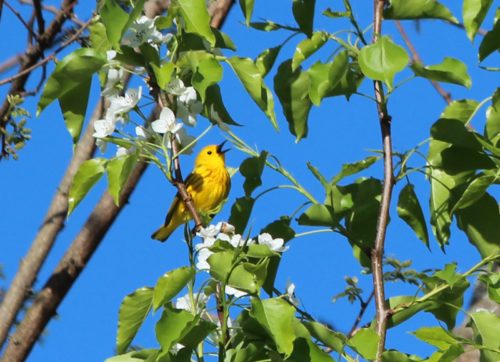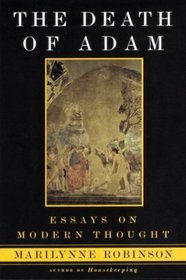Loading brush, and taking the measure
Andy is forced to question the worth of the advocacy that has so occupied him and his friends for so long. He knows that their advocacy has virtually no standing with professors, intellectuals, journalists, and economists, let alone the corporations and the politicians of the capitols. He and his friends have not contributed to a reasonably expectable public conversation about the use and care of the land, as once in their innocence they may have intended to do or supposed they could do, because there is no such conversation.
So writes Wendell Berry in “The Order of Loving Care,” one of the two essays I’ve read so far in his most recent collection The Art of Gathering Brush. I feel some sadness at the elegiac tone. Berry is in his early 80’s now, and the book conveys a sense of his effort to tie up loose ends and evaluate the worth of his long effort in fiction, poetry, essays, practice, and friendship.
I’ve always felt (and written) that Andy Catlett is the fictional persona most closely tied to Berry himself in the Port William stories, and in this essay that’s confirmed. Berry places Andy literally into his own network of friendships and writes appreciatively of the allies he has developed: his brother, John Berry, as well as Gene Logsdon, David Kline, Wes Jackson, Maurice Telleen, and others. Several of these have died, and Berry’s gratitude for them is an effective tribute in writing.
These are real people, placed in the fictional setting of Andy Catlett’s circle. I almost had the sense Berry creates in his short story “The Boundary,” in which an aging Mat Feltner loses his way home after checking on a fence line. Mat becomes disoriented, and the landscape triggers such vivid memories of departed friends and family members that they seem to be literally there. This essay has a blending of fact and fiction that, though intentional, is reminiscent of Mat’s meaningful confusion between present and past, real and imagined.
I thought also of Berry’s poem “From the Crest” in Clearing (1974). “My life’s wave is at its crest,” he wrote then. He seemed to take stock, as he is doing now, when he wrote,
I see how little avail
one man is, and yet I would not
be a man sitting still,
no little song of desire
traveling the mind’s dark woods…
Speaking of farming (and, surely, writing), he mused,
If it is to be done,
not of the body, not of the will
the strength will come,
but of delight that moves
lovers in their loves,
that moves the sun and stars,
that lifts the hawk in flight.
Berry seems to arrive at a similar place in”The Order of Loving Care” when he notes that part of the value of his work has been his love for it. He speaks of how Andy “has loved his work, the daily care for his place and his animals, the daily waiting for words and writing them down.” And he doesn’t fail to recall the unpredictable joys:
Because he has come to the age when he must think of such things, he recalls the times when he has been happy against reason, and for no reason. He recalls the times when he has been happy for reasons so small and ephemeral that nobody has learned to charge for them: a bright-colored tiny bird feeding at the top of the tallest sycamore, a bird’s song, a wild flower, a butterfly, a briar heavy with ripe berries, the sound of a beloved voice, the touches of loved ones. To miss or refuse the happiness of such free, small, beautiful, and passing things would be dangerous, he thinks. It would dishonor life itself, Heaven itself. It would be ingratitude.



